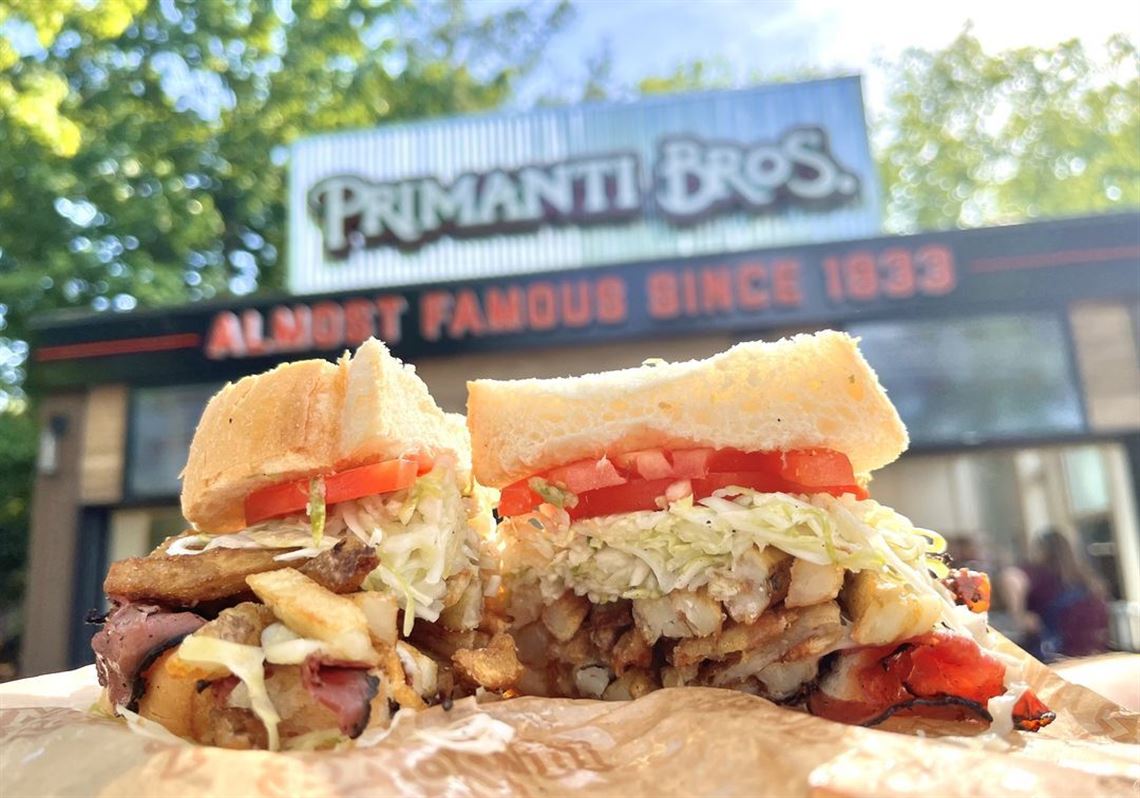
Primanti Bros, renowned for its signature sandwiches piled high with coleslaw and fries, announced the closure of several franchises located in Republican-dominated, or “red,” states. The decision has sparked a heated debate, as the company justified its actions by stating, “That’s not the America we stand for.” The announcement, while applauded by some, has left others feeling alienated and questioning the role of businesses in political discourse.
The closures affect locations in states such as Florida, Texas, and Alabama, where the brand had previously expanded to cater to a diverse and growing customer base. The chain, which has its roots in Pittsburgh, Pennsylvania, is a cultural staple in the Rust Belt, celebrated for its unpretentious approach to food. However, the recent shift in its operational strategy highlights a stark deviation from its traditional values of inclusivity and community.
Primanti Bros’ decision appears to stem from a larger frustration with political developments in these states. A spokesperson for the company elaborated, stating, “Our mission has always been about bringing people together over great food. But when policies in certain regions start to infringe on basic human rights and freedoms, we can no longer align ourselves with that environment.” Though they refrained from citing specific policies, many speculate that the closures are in response to legislation surrounding voting rights, LGBTQ+ protections, and reproductive health that have drawn national scrutiny.
This declaration has ignited discussions on social media, with supporters of the move praising the company for using its platform to take a stand. “It’s refreshing to see a business prioritize values over profits,” one commenter wrote on Twitter. Others, however, were less enthusiastic, accusing the chain of alienating a significant portion of its customer base. “Why punish your customers for the actions of politicians?” another user countered. This tension underscores a broader conversation about the intersection of business and politics, a topic that has become increasingly contentious in recent years.
Critics of the move argue that Primanti Bros is venturing into dangerous territory. By closing franchises in these regions, the chain risks alienating not only conservative-leaning customers but also the employees who worked at these establishments. For many workers, the closures came as a shock. “I moved here to open this store,” said a former manager in Austin, Texas. “Now, I’m out of a job because of politics I don’t even have control over.”
Meanwhile, supporters argue that Primanti Bros is simply following a trend among businesses to align their operations with their corporate values. This approach, while divisive, has been seen in companies such as Ben & Jerry’s, Patagonia, and others that have taken firm stances on social and environmental issues. For Primanti Bros, the decision may also reflect a broader shift in its branding, as it attempts to position itself as more than just a restaurant, but as a beacon for progressive ideals.
The closures also raise questions about the economic implications for the affected states. While Primanti Bros is not the largest food chain, its departure from these markets sends a symbolic message about the consequences of polarizing political climates. Local officials in some areas have expressed disappointment, with one Florida representative stating, “This isn’t just about sandwiches. It’s about jobs and tourism. We’re losing a part of American culture.”
At its core, the debate over Primanti Bros’ decision highlights a growing trend: businesses no longer exist in a vacuum. In an age where consumers demand accountability, companies are increasingly expected to take sides on contentious issues. While this can foster loyalty among like-minded customers, it also risks alienating others, creating an environment where every corporate decision becomes a potential battleground.
As the dust settles, Primanti Bros faces a challenging road ahead. Will its progressive stance strengthen its bond with its core audience, or will the backlash erode its standing as an apolitical comfort food haven? Only time will tell. For now, one thing is certain: the company’s bold decision has ensured its place in the national conversation, proving that in today’s America, even a sandwich can make a statement.











